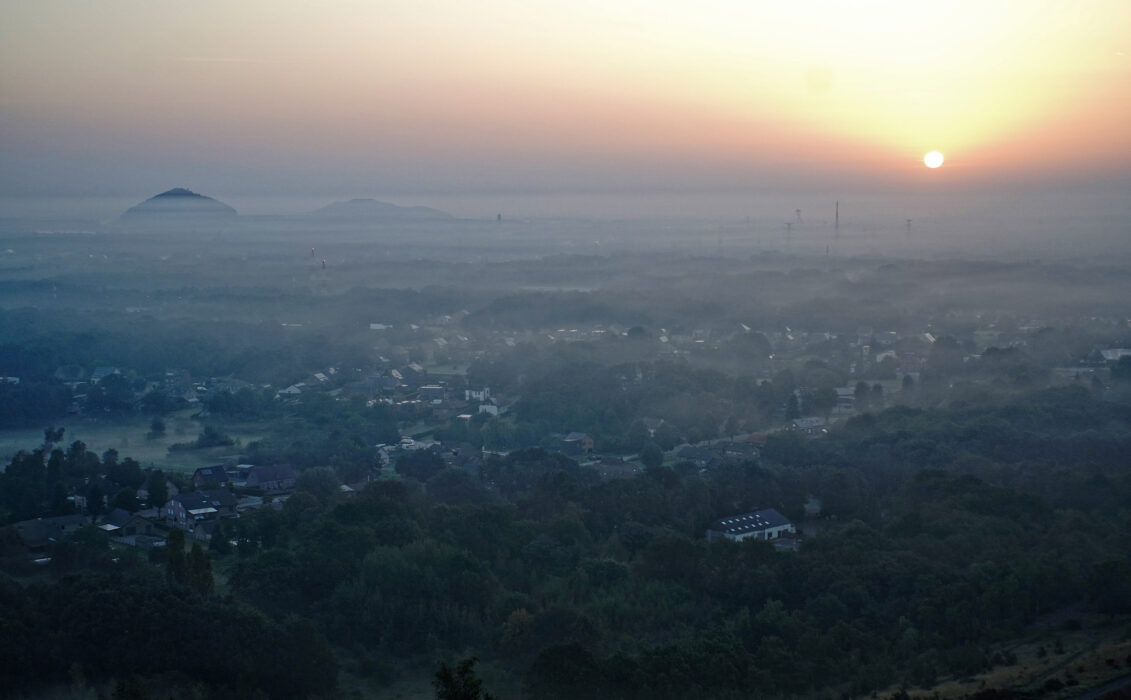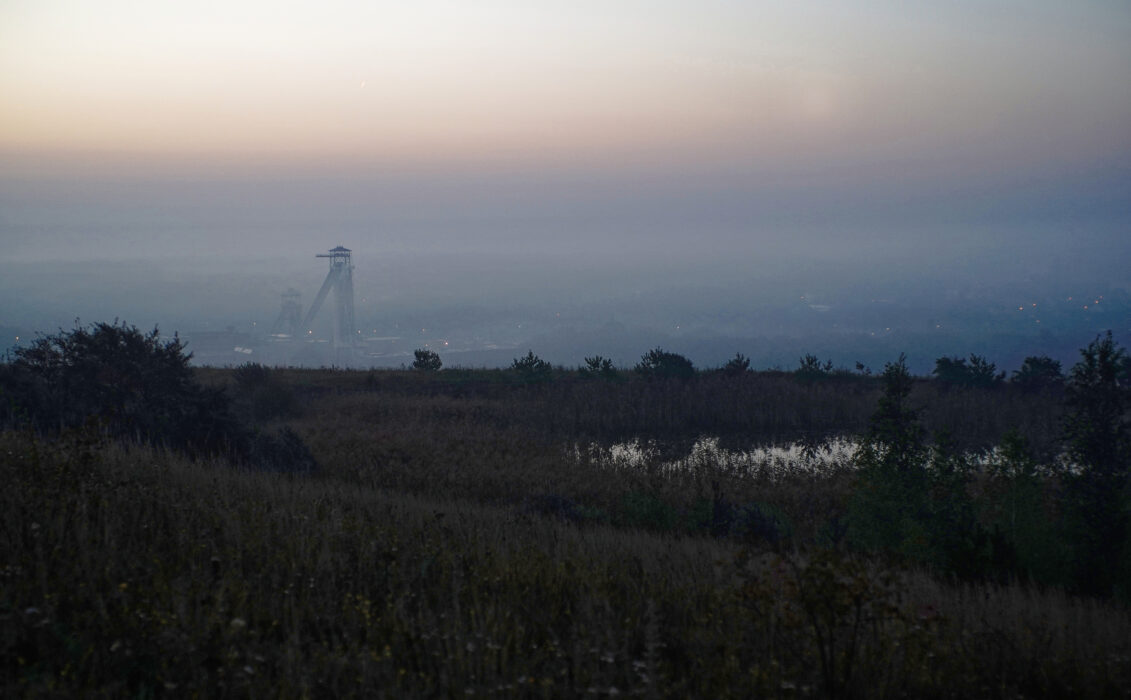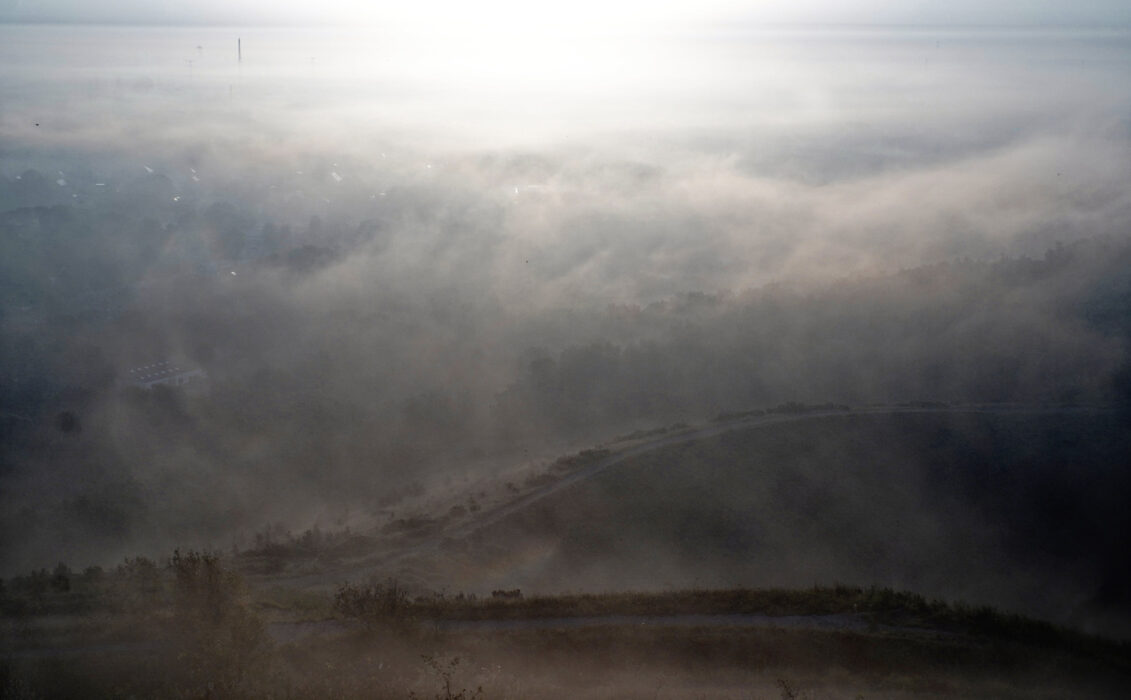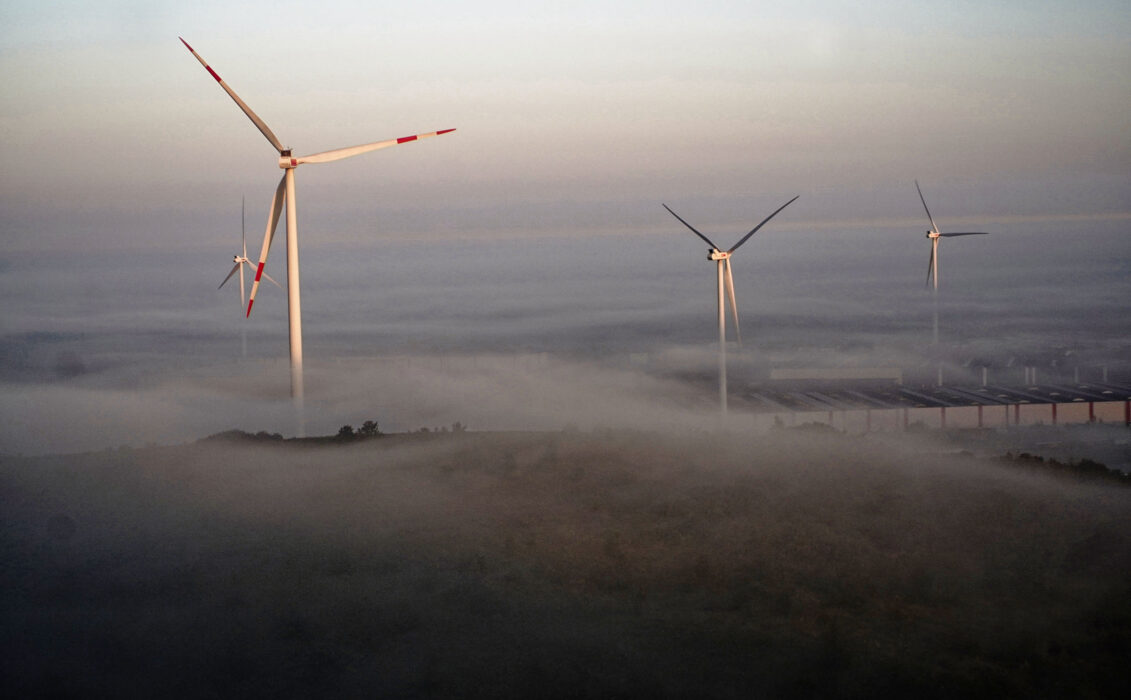bivouac | ˈbɪvʊak |
noun
a temporary camp without tents or cover, used especially by soldiers or mountaineers.
verb (bivouacs, bivouacking, bivouacked) [no object]
stay in a bivouac: we bivouacked on the north side of the town.
ORIGIN
early 18th century (denoting a night watch by the whole army): from French, probably from Swiss German Bîwacht ‘additional guard at night’, apparently denoting a citizens' patrol supporting the ordinary town watch.



